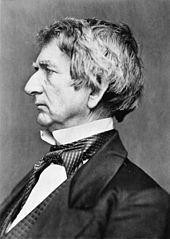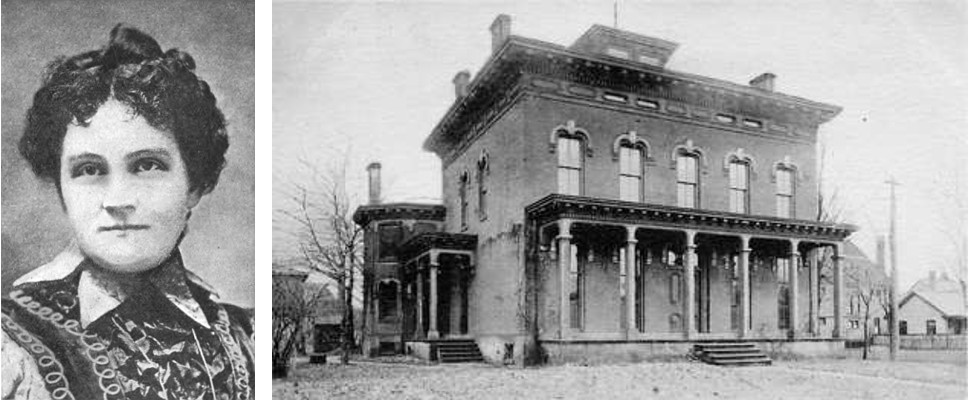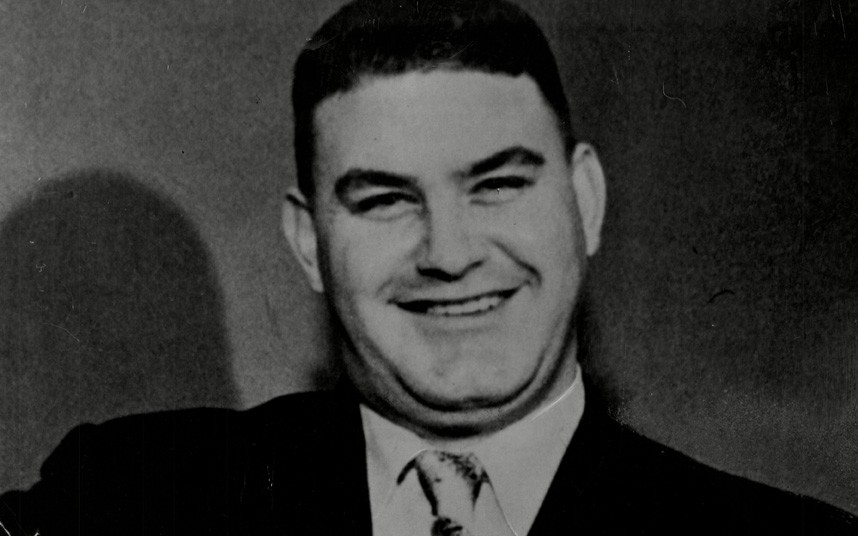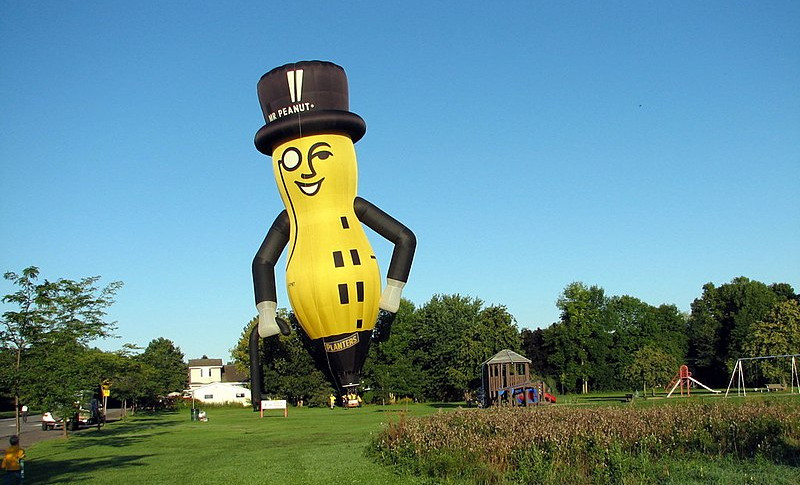
In 2001, Toronto translator Sonja Elen Kisa invented a language, “my attempt to understand the meaning of life in 120 words.” She called it Toki Pona (“good language”) and focused on minimalism, trying to find the smallest core vocabulary needed to communicate. With only 120–125 root words and 14 phonemes, the language helps its speakers to concentrate on basic things and to think positively — Kisa told the Los Angeles Times, “It has sort of a Zen or Taoist nature to it.”
To her own surprise it’s begun to grow. By 2007 Kisa estimated that 100 people spoke Toki Pona fluently, and it’s since expanded in online forums, social media, and even hacked video games. Here’s the Lord’s Prayer:
mama pi mi mute o, sina lon sewi kon.
nimi sina li sewi.
ma sina o kama.
jan o pali e wile sina lon sewi kon en lon ma.
o pana e moku pi tenpo suno ni tawa mi mute.
o weka e pali ike mi. sama la mi weka e pali ike pi jan ante.
o lawa ala e mi tawa ike.
o lawa e mi tan ike.
tenpo ali la sina jo e ma e wawa e pona.
Amen.
And above is a contract written by Jonathan Gabel in the sitelen sitelen writing system, arranging for sale of the contract itself as a piece of art. Official site, dictionary, language course.






